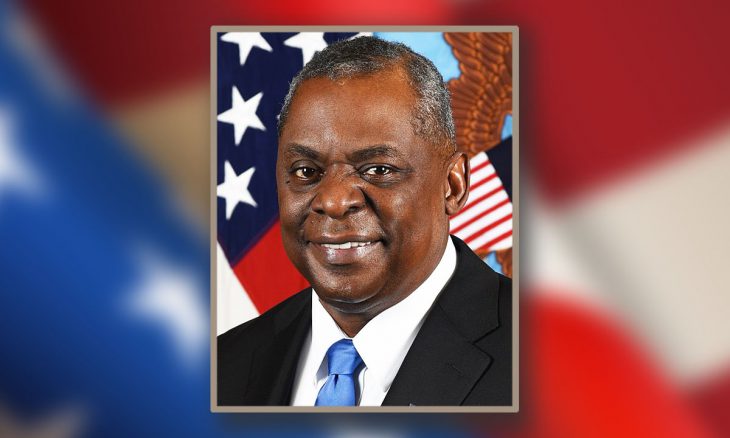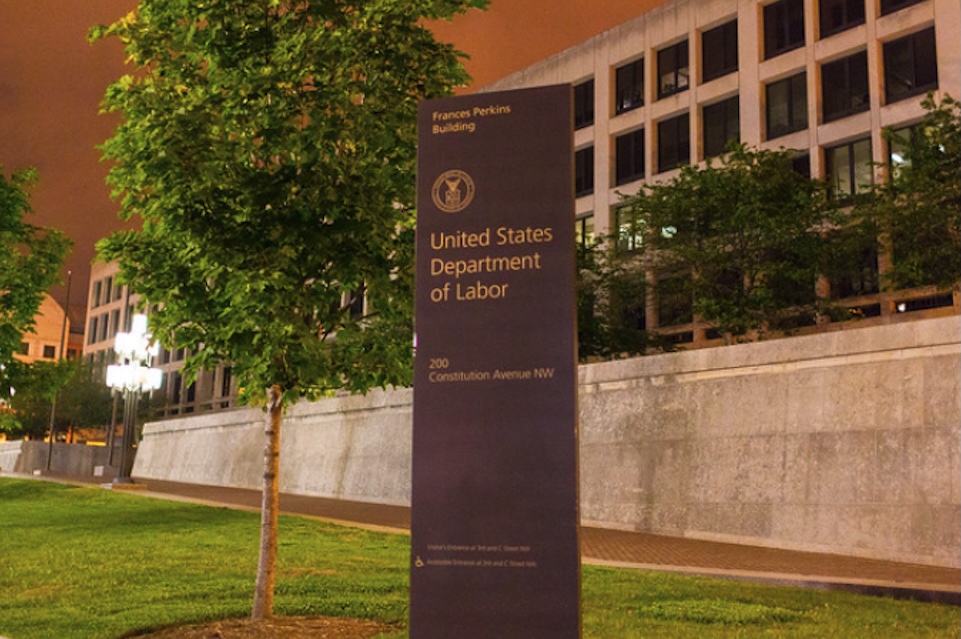Lloyd Austin
Secretary of Defense
Lloyd James Austin III was born in August 1953 in Mobile, Alabama. He earned an undergraduate degree from the United States Military Academy at West Point and later earned an M.A. in counselor education from Auburn University’s College of Education. He received an M.B.A. in business management from Webster University and is a graduate of many military-provided educational opportunities.
His military career began as an infantry officer after graduating from West Point, then he was part of a parachute regiment, serving in the 10th Mountain Division and in several Airborne groups. He served in the multi-national corps in the Iraq war and was deployed to Afghanistan.
In 2010, Austin became Commanding General of United States Forces Iraq and oversaw the transition from Operation Iraqi Freedom and combat operations to Operation New Dawn and stability operations focused on advising, assisting, and training the Iraqi Security Forces. He became vice chief of staff of the U.S. Army in 2012 and a year later was installed as the commander of United States Central Command.
He retired from the military in April 2016, after which he joined the board of Raytheon Technologies, a military contractor.
President Biden nominated Austin to be his Secretary of Defense. After his approval by the Senate, he was sworn into office in January 2021.
He is married to Charlene Denise Banner Austin. He has two stepsons. He is Catholic.
In the News…
In testimony before the Senate Appropriations Committee, Secretary of Defense Lloyd Austin outlined how the Pentagon plans to spend hundreds of billions of dollars for new weapons and military preparations, in what he said would be a deterrence to the growing danger of a war with China.
He told the committee, “Beijing has increased its bullying and provocations in the Indo-Pacific. It’s embarked upon an historic military buildup, including in space and cyberspace. Of course, war is neither imminent nor inevitable, but we must face up to the PRC’s growing assertiveness.”
He said that among the top priorities of the Pentagon is bolstering defense for Taiwan. “The United States has a vital national interest in preventing conflict across the Taiwan Strait,” he said, adding that the Pentagon is working to provide greater defense aid and other support.
“Given the growing nature of the [Chinese] threat, this will require a comprehensive, ‘all of the above’ approach,” he said.
He told the committee that efforts to counter the PRC would be severely limited were Congress to fail to pass a defense appropriation separate and apart from other federal spending.









